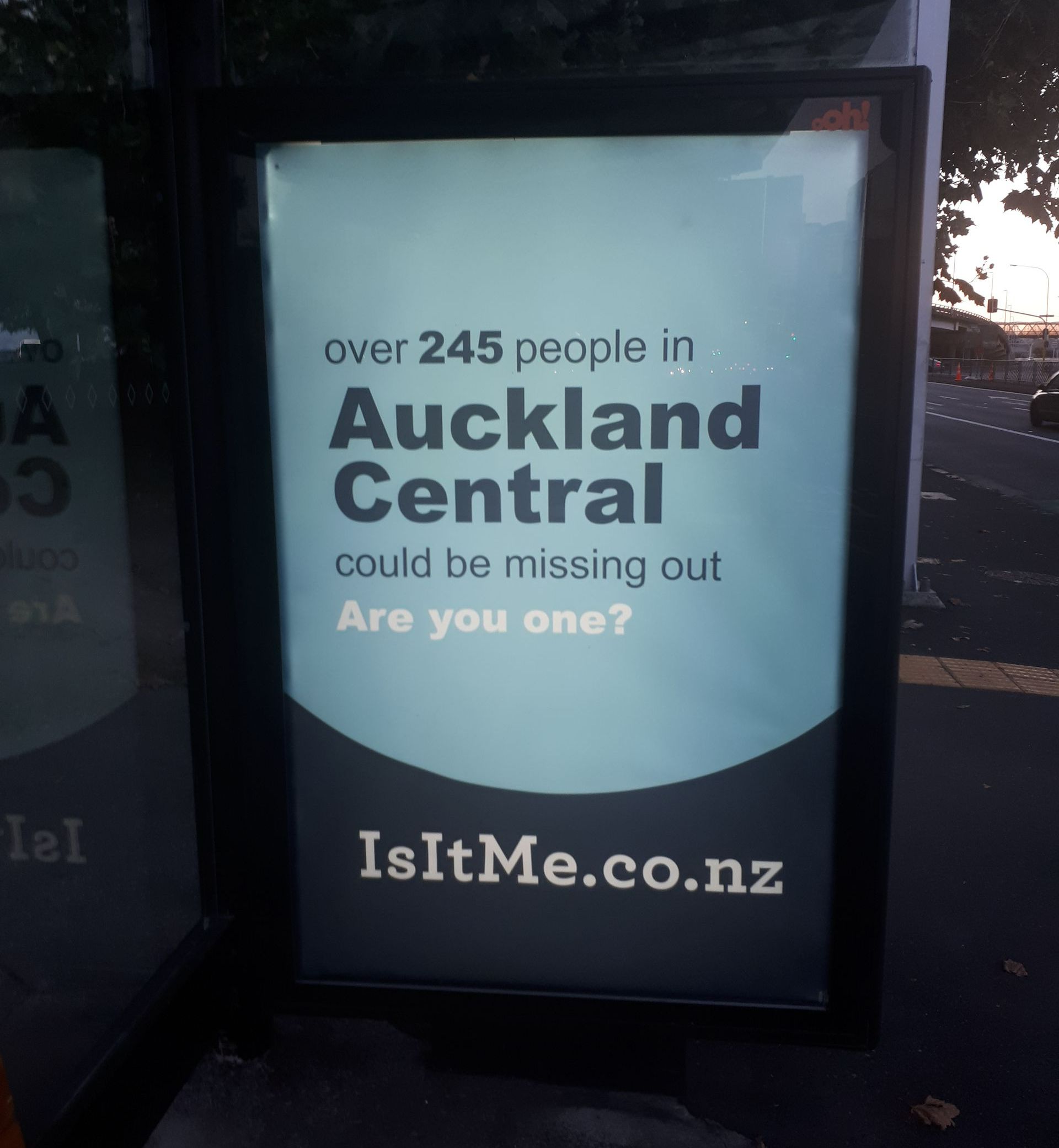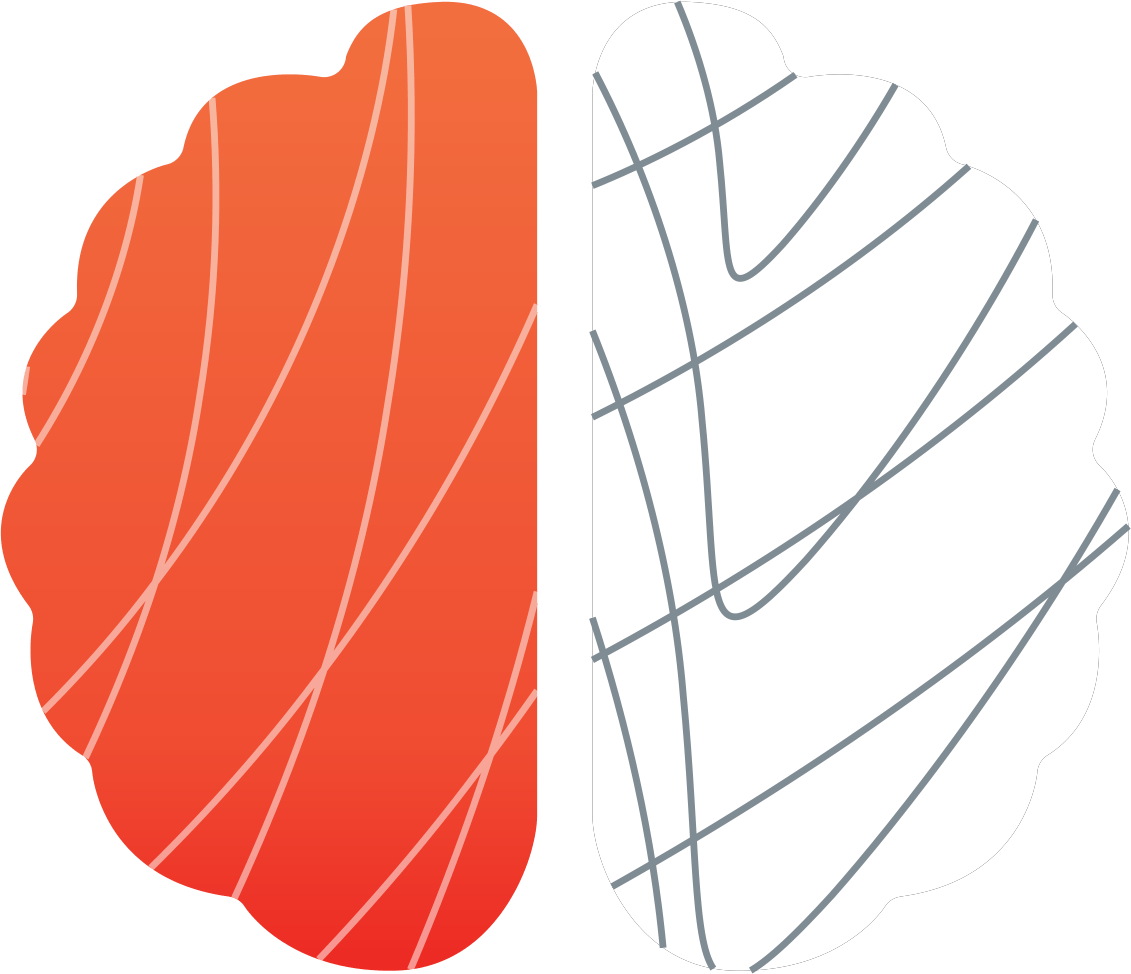NZ’s response to COVID-19 (so far) has been great but what does the future hold?
NZ’s response to COVID-19 (so far) has been great but what does the future hold?
As the turbulence of 2020 gave way to the hope that a new year brings, most Kiwis were enjoying the balmy summer weather with the misery of COVID-19 seemingly receding into history… we had beaten the great invisible enemy (at least for now). But as we pondered what 2021 (and beyond) may hold, things seemed less certain. The only thing we tended to agree on was that things weren’t going to be quite the same ever again.
Findings from a Dynata survey taken at the end of 2020 indicated that we were rather pleased with our collective effort to beat back COVID-19 with seven in ten deeming our response ‘excellent’. As a ‘team of five million’ we were particularly proud of our unity (57%), determination (55%) and resilience (49%) during 2020 – well captured by one respondent:
“The way we all pulled together was so impressive – it made you realise what we can achieve as a nation when we’re all focused on the same goal”.
Despite escaping the worst of COVID-19’s ravages, particularly when compared to many other countries, there is no doubt that such a defining moment in history has altered how we see things and live our lives in New Zealand. This isn’t uncommon – people who lived through other pivotal events in history discovered that the world they knew changed forever…. Those who lived through the Great Depression developed the frugality of a ‘waste not, want not’ culture that lasted for decades, while WWII cemented the role of women in the workforce. What sort of changes will emerge in our lives once COVID-19 is finally under control?
The Dynata survey highlighted that almost half of all Kiwis believe life will never return to how it was before the pandemic. Of course, some of these changes may not be entirely clear right now, but there are other shifts in attitudes and behaviour already visible…
Last year, the 2020 Vision Project unearthed the shift in working from home that was inspired out of the necessity of lockdown. With suitable technology platforms now readily available, employees (and organisations) have discovered the productivity gains and lifestyle benefits that working from home has enabled. With three in ten working New Zealanders feeling their work/life balance has improved since the pandemic began flexible working is likely to endure long after COVID-19 has subsided….
But what other changes will working from home inspire? Already we have seen an increase in cosmetic surgery as meeting participants want to look their best on camera. We’ve also seen a rise in orders of bookshelves (and corresponding book collections) to project the right sort of image to those Zooming into your home office.
There is likely to be significant disruption to the way corporate offices are structured, from interior layouts to commercial leasing agreements themselves. Think of the knock-on effect on corporate team culture…. Or the ability to cultivate business relationships and develop new business. Even traffic congestion is likely to feel the consequences of greater working from home…
Whatever your political persuasion, it is hard not to argue that the 2020 New Zealand General Election was a stunning result. Amid all the fear and uncertainty brought about by COVID-19, it was as much an endorsement of the mantra of kindness and compassion that underpinned our unified approach to dealing with COVID-19 as anything else. Maybe it was serendipitous, but the collision of a young, progressive Prime Minister and a global pandemic has encouraged a new era of ‘doing the right thing’. The Dynata survey shows that brand attributes around being fair, responsible, and transparent are increasingly to the fore in purchase decisions, and there is evidence that is sentiment is now permeating consumer decision-making given the social media backlash directed at many large companies who accepted the government wage subsidy and then went on to record large profits. Many of whom have now re-paid the subsidy such was the need to ‘do the right thing’.
If we think things in New Zealand will be changed because of COVID-19, then how will other countries who have been hit much harder emerge from all of this? Being in repeated lockdowns for many months will undoubtedly take its toll – physically, mentally, and financially on many individuals. As an economy, New Zealand relies on international tourists – but what does the future hold for our tourism industry?
Will our strong handling of the pandemic endear us to prospective travellers? It is likely that post-pandemic travel will become more of an experience to be immersed in rather than a fleeting ‘tick the box’ jaunt of historic landmarks and Instagram shots. As a ‘destination’ with a rich indigenous culture it would seem that New Zealand is well poised to deliver as travellers seek more ‘meaningful’ travel. At the same time, travellers are already trying to limit their carbon footprint and with many re-acquainting themselves with the ‘road trip’ off the back of closed international borders, getting them to board an ultra long-haul flight to New Zealand may not be as easy as it previously was. Especially as the focus on sustainable travel intensifies…
Flexible working, ‘doing the right thing’ and international tourism are some of the ways COVID-19 is changing our world. If you want to find out what else is likely to change or how to deal with these impacts, please get in touch.




